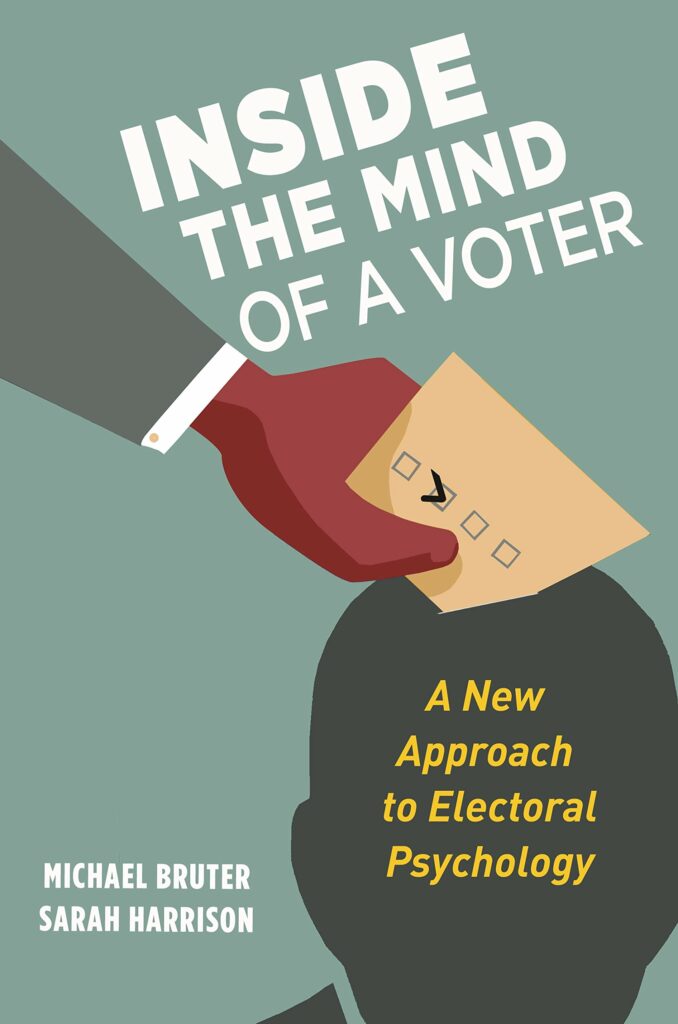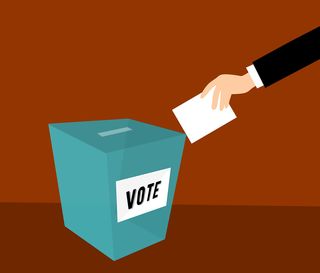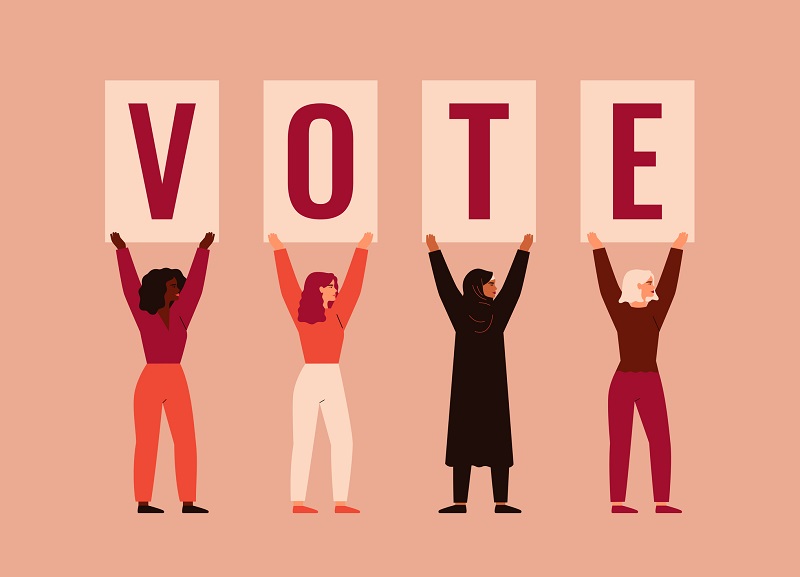By Katerina Papadea,
By analyzing the behavior of the respective voters, everyone can understand the main forces that affect electoral behavior over time. Voters are the soul of elections, which is, therefore, the heart of democracy, making clear their important role in the electoral process. This role is confirmed, as the policies of the parties during the pre-election period and after, are significantly affected and shaped by the values, instincts, preferences, goals, and way of thinking of the voters. However, it is challenging to understand the way voters think, as well as the way in which they choose among the available alternatives.
Questions such as “how do voters choose in the elections?”, “how do they decide if it is worth going to the polls?”, “on what basis do voters decide what to vote for?”, etc., which are explained and answered by both sociological and psychological approaches. Sociological approaches focus mainly on the social position and economic situation of voters, as these are important elements in terms of party repercussions. For example, left-wing parties approach poor voters and ethnic minorities, while right-wing parties tend to attract more affluent and older voters. On the other hand, the psychological interpretation of voter behavior focuses on what the voters themselves think about the parties, the performance of the government, and the personal characteristics of the candidates. More specifically, in this section, voters emphasize the personal characteristics, qualities, and abilities of the candidates, which include knowledge, experience, ethics, compassion, and leadership. Typical examples that confirm the importance of the above facts are the case of President Bill Clinton, who avoided the military during the Vietnam War and who seemed unfaithful to his wife, as well as the case of President Bush, who was accused of weakness.

Nowadays, however, scientific research has shown that social order, as a factor affecting the electoral behavior of voters, has weakened, while factors such as religion, economic status, and the leaders’ personality sometimes affect the voters’ choices and sometimes not. Undoubtedly, religion is more influential than social class, while it still has a significant influence on electoral behavior in most European countries, apart from the Nordic countries. On the other hand, although the personality of leaders used to play an important role, it now faces several problems as a factor, as it is considered a subjective factor, focusing on fascinating characters and ignoring the ordinary.
In addition, if someone looks at voters’ behavior sociologically, they can consider that this is more rational behavior, which aims to maximize personal benefits. Nevertheless, the questions posed by Antony Downs are interesting: “Why should rational voters bother to vote, since there is very little chance that the overall result will be affected by individual voters?” and “Since it is probably not every individual vote that plays a decisive role, why do voters struggle to find information so that they can vote rationally?”, which help to understand the reduced turnout. Precisely because the prevailing logic is that an individual vote constitutes a non-vote, there is an increased turnout in countries where the costs are small, and the benefits are large. In these countries, there is no need for citizens’ initiative to register on the electoral roll, there is no need for personal presence and there is an ambiguous electoral contest, where the seats won by each party reflect exactly the votes it received and therefore each vote counts.

In conclusion, the habits and motivations of the voters have always been a puzzle, which is why many alternative interpretive approaches have been formulated. However, despite the plethora of approaches, a comprehensive answer to how voters’ behavior is affected has not been provided. However, it follows from the above that assessments of the electoral dynamics and the explanation of the election result have been assessed by the assessments of the personal characteristics of the candidate leaders, the evaluations of the government performance, the orientation on specific policy issues, and other factors, such as gender, religion, social class, economic status, and region. Therefore, to psychologize the electoral behavior of voters, we conclude that it is a patchwork of sociological, psychological, and social factors.
References
American voting behavior in presidential elections. Available here.
Μιλώντας για ψυχολογία: τι οδηγεί τη συμπεριφορά των ψηφοφόρων; Με τον Jon Krosnick, PhD. Available here.




